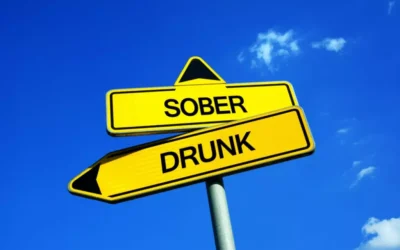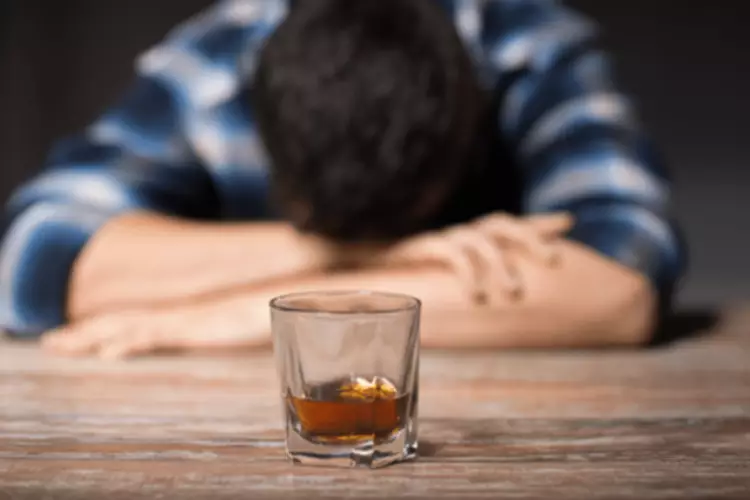
Eating before drinking affects how quickly you’ll get drunk and whether you will feel sick after drinking. However, if you continue to consume alcohol, the food you ate beforehand eventually becomes a moot point. Consuming alcohol with a higher alcohol content will result in a higher BAC. For example, wine typically has 12% alcohol by volume, while beer contains 4%. It will take longer for wine to leave your body than beer, even if you consumed the same amount. Some say that the acidic environment created by drinking vinegar allows more THC to be excreted this way in less time, but there’s no evidence to back this heroin addiction up.
Alcohol Detox Programs
- A person with this condition can have a very high heart rate, seizures, or a high body temperature.
- Urine tests aren’t the only way to verify whether someone has consumed alcohol.
- Most of the work is done there—approximately 90% of alcohol is eliminated by the liver.
- That means more toxins in your urine and a higher likelihood of a positive test result.
- Some people experience a severe form of alcohol withdrawal known as DTs.
Also, the more extended amount of time spent drinking, the longer it will take for the alcohol to metabolize out of the system. Adequate rest and sleep are essential for your body to recover from the effects of alcohol. Aim for 7-9 hours of quality sleep each night to support the detoxification process. Staying hydrated helps speed up alcohol elimination by enhancing kidney function and urine production.
- Even if used externally and not ingested, it’s possible that products containing alcohol will cause you to test positive for alcohol consumption.
- Drinking plenty of water can also help people stay hydrated when consuming alcohol.
- In others, you’ll be asked to provide another sample, often under supervision.
- You would be surprised how many people fall into this category but risk it anyway and land themselves in the ER.
- Sunnyside is the #1 Mindful Drinking app that focuses on moderation approaches to build long term habits around alcohol health.
Long-Term Strategies To Metabolise Alcohol Faster
It’s essential to listen to your body, and prioritize your health and safety during the recovery process. Drinking excessively strains your liver and interferes with how it processes alcohol. Fatty liver, alcoholic hepatitis, and cirrhosis are the three primary liver diseases that can be brought on by alcoholism.

Employment-related Drug Tests
- If you meet the criteria for heavy drinking for five or more days per month, you are considered a heavy drinker.
- At that rate, you can still be over the legal limit of 0.08 to drive the next morning if you’ve had several drinks or more.
- The remaining alcohol is removed from the body through sweat, urine, and respiration.
- It will take longer for wine to leave your body than beer, even if you consumed the same amount.
Consuming alcohol faster than the liver can metabolize it leads to increased blood alcohol concentration (BAC), which can result in intoxication and impairment. If you’re not careful, consuming excessive water could be harmful. Hyponatremia, a disorder in which the sodium level in your blood drops too low, can be brought on by excessive water consumption. This may result from headaches, nausea, vomiting, seizures, or coma.
Drink Plenty of Water

Certain blood alcohol tests measure your BAC, while others look for biomarkers of alcohol consumption. At the same time, alcohol addiction treatment can help you to get your life back, and it’s just the first step on a journey to recovery. Instead, you’re recommended to be upfront about it, to admit to drinking alcohol, and to talk about it with your employer. And, even if you’ve broken company rules, you’ll likely still have an easier time if you talk about it right away instead of waiting for a test to come back.
When drinking alcohol, it’s necessary to drink lots of fluids, but it’s also important to limit your water intake so that you don’t overdo it. A balanced diet not only supports your body’s detoxification processes but also improves your overall health, making it easier to recover from alcohol consumption. It helps to keep the body hydrated, helps to flush out toxins, helps to balance electrolytes and body temperature, and helps to reduce the risk of developing kidney stones. Additionally, drinking water can help to speed up metabolism and can help to reduce the risk of developing diabetes. After a night of drinking, you may experience fatigue, queasiness, and low blood sugar. This is especially true if you did not consume adequate food before, during, and after drinking alcohol.

Hair Test

The average metabolic rate to remove alcohol is about one drink per hour, but the above factors might affect that rate slightly. A breathalyzer doesn’t just detect whether you’ve consumed alcohol. It can also measure your BAC, which correlates to how much alcohol you’ve how to get alcohol out of your system in 24 hours had. Still, after 24 hours, there’s a higher chance of a false negative.
- She’s passionate about empowering readers to take care of their mental and physical health through science-based, empathetically delivered information.
- It is important to consult a doctor before taking any supplements.
- This guide will discuss the process behind sobering up and how to speed it up.
- Whether or not a drug you have been taking will show on a drug test depends on a few factors, including the type of test.
- Additionally, drinking herbal teas, such as dandelion root, can help to reduce alcohol levels in the body.
Afterward, it travels through the bloodstream and affects your bodily functions. On average, your liver can metabolize one standard drink per hour. People who begin with blood alcohol levels of 0.20 will take between 12 and 14 hours to process the alcohol in their system.







